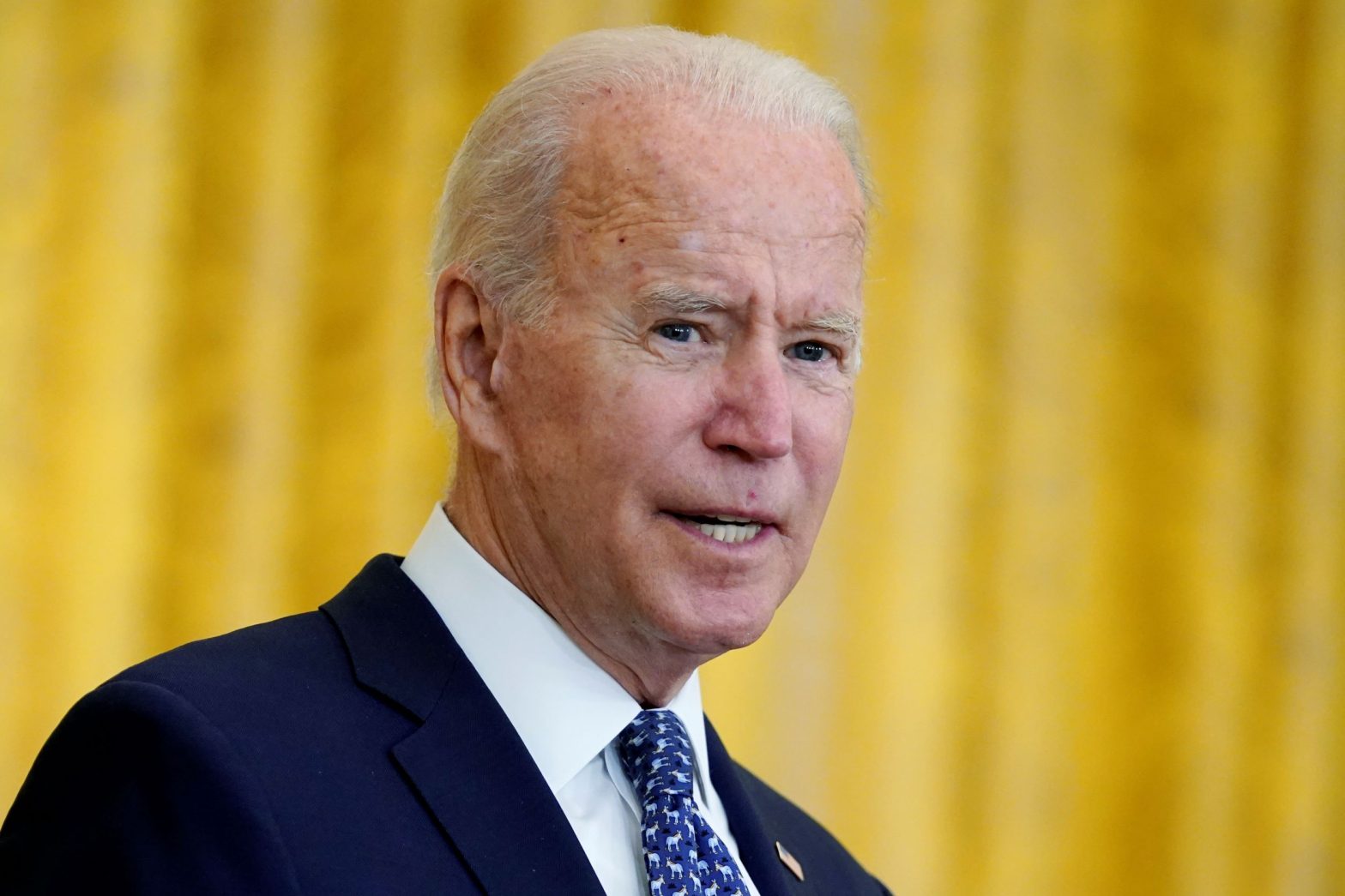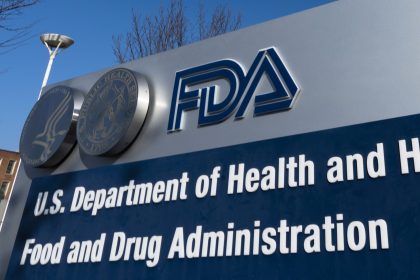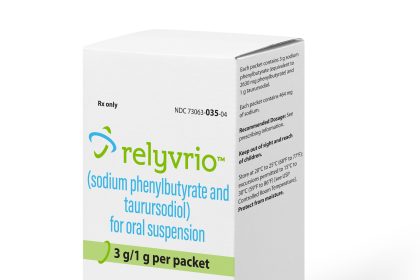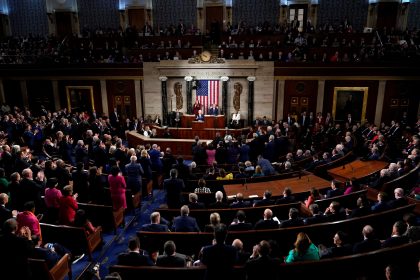White House Unveils Plan to Cut Prescription-Drug Prices

WASHINGTON — The Biden administration on Thursday offered the first detailed look at actions the White House may take in conjunction with congressional action to lower prescription drug prices.
The 29-page plan, released through the Department of Health and Human Services, backs the intention of many congressional Democrats to enable the federal government to negotiate drug prices in Medicare and pass those lower prices on to consumers.
It would also permit drug importation from Canada, limit the ability of drug companies to raise prices on existing drugs and put a cap on out-of-pocket spending for the Medicare prescription drug benefit.
Overall, the administration is throwing its support behind price negotiation with drug manufacturers and limits on drug-price increases, promotion of industry competition, and scaled-up public and private research into new treatments.
The plan also calls for reducing regulatory barriers that may impede or slow the approval of lower-priced generics or licensing of biosimilars.
To help promote new drug innovations, the administration is also proposing the creation of a new agency at the National Institutes of Health.
But as broad as the announcement appears, it’s left at least one group of interested parties cold.
“What was released today is a laundry list of old partisan ideas and not a serious plan to address what patients pay out of pocket for prescription drugs,” said Stephen Ubl , president and CEO of PhRMA, a trade group for drug manufacturers.
“What it leaves out is any attempt to fix a broken insurance system that discriminates against sick patients and does nothing to hold insurers and middlemen accountable for pocketing savings from our companies that should go to patients to lower their costs,” he said.
The roll out of the prescription drug price plan came hours before the administration was set to announce it’s updated strategy for reining in the ongoing COVID-19 pandemic.
The administration says Americans pay too much for prescription drugs – more than $1,500 per person – and pay prices that are far higher than any comparable nation.
In addition, it says, prices for brand name drugs are rising faster than inflation, and as a result, many Americans do not take medications as prescribed … with resulting harm to their health.
“Life-saving prescription medication should not cost anyone their life savings. Yet too often, many low-income families cannot take their prescription medications because of cost concerns,” said Health and Human Services Secretary Xavier Becerra in a written statement.
“The Biden-Harris administration remains committed to making health care more affordable for American families, and this plan outlines one key way we will do that. By promoting negotiation, competition, and innovation in the health care industry, we will ensure cost fairness and protect access to care,” Becerra said.
The Drug Pricing Plan announced Thursday responds to a request in an executive order the president signed in July, calling for “a plan to continue the effort to combat excessive pricing of prescription drugs and enhance domestic pharmaceutical supply chains, to reduce the prices paid by the federal government for such drugs, and to address the recurrent problem of price gouging.”
The plan presents principles for equitable drug pricing reform through competition, innovation, and transparency; describes promising legislative approaches; and summarizes actions already underway or under consideration across HHS.
Most of the proposals included in the plan announced Thursday are not new, having been proposed by both House and Senate Democrats in past sessions of Congress. In some respects, the administration simply asks lawmakers to redouble those past efforts.
Among other things, the White House is calling for legislation aimed at bringing generic and biosimilar drugs to market more quickly.
This could be done, it says, by shortening exclusivity periods, and creating incentives for doctors to prescribe biosimilars instead of brand-name drugs.
But Democrats are hardly of one mind on the issue of prescription drug prices and remain divided over how far and how fast to go with any legislation to deal with it.
Republicans, meanwhile, are largely opposed to Medicare drug-price negotiations and have called for more bipartisan approaches to lower costs.
As for PhRMA’s Ubl, he said it’s “hard to ignore the irony that this is being released the same day the White House is unveiling a separate plan meant to regain control of the COVID-19 pandemic.”
“The biopharmaceutical industry is continuing to work around the clock against this pandemic while this same White House is trying to make it more difficult for our industry to continue the fight against this pandemic and plan for future health crises,” he said.
























